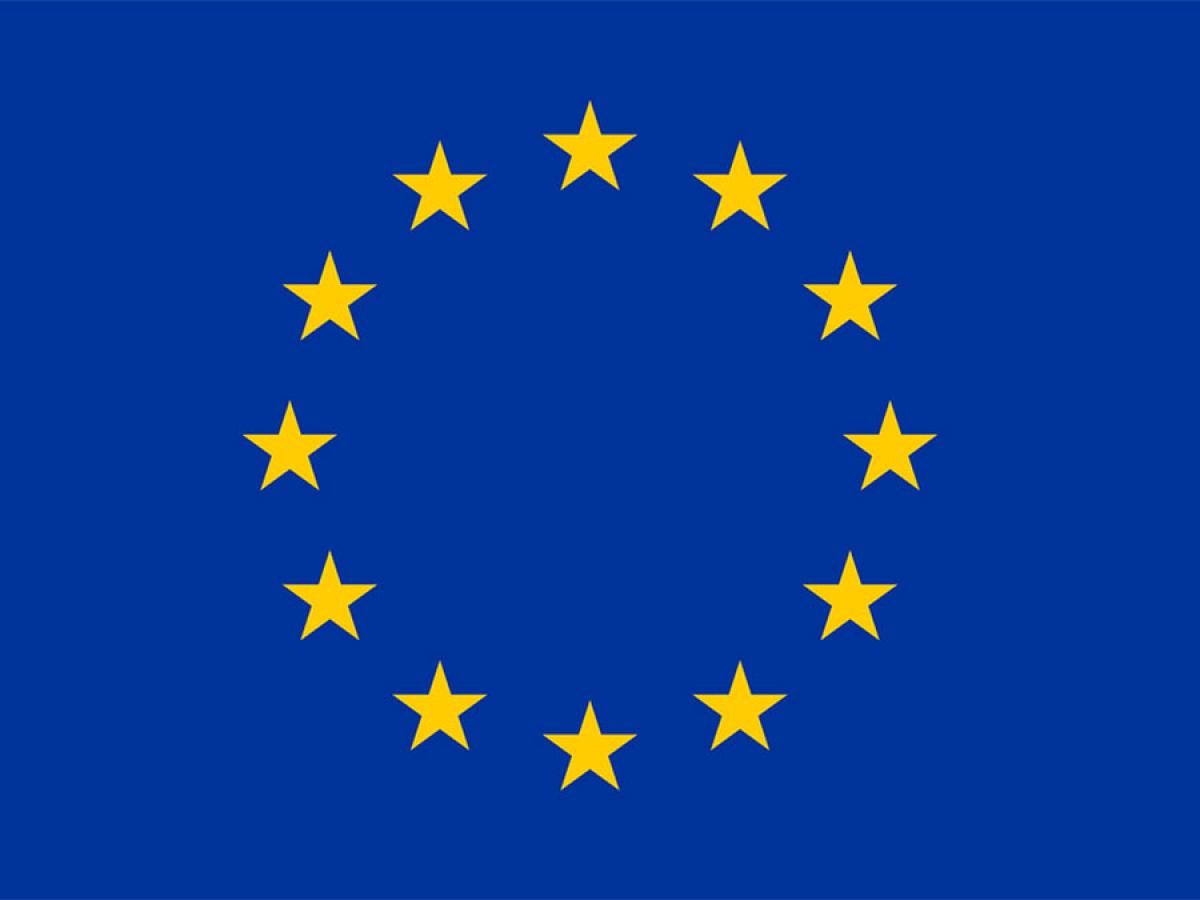Australia-UK relations and the CPTPP

The UK left the EU on 31 January 2020. The remainder of 2020 is a transition period during which the Withdrawal Agreement is being implemented and new arrangements negotiated. On 19 May, the British government published the UK’s Global Tariff (UKGT), which will replace the EU’s Common External Tariff on 1 January 2021. Apart from the UK-EU negotiations about future bilateral relations, the UK began trade negotiations with the USA on 5 May, with Japan on 9 June and with Australia and New Zealand on 17 June.
The UK and Australia portray themselves, plausibly, as like-minded countries committed to liberal international trade regimes and observing world trade law. Nevertheless, a bilateral agreement going beyond WTO commitments could be time-consuming if it intends to cover many areas. For example, the Australia-EU trade negotiations have already gone through seven rounds over several years.
The UK and Japan reached a quick agreement on 11 September. It is fairly limited, ensuring continuity of the terms of the EU-Japan agreement to UK-Japan trade after 31 December, with some extra benefits for Japanese car component exports to the UK and for English cheese and Scottish whisky exports to Japan. An interesting aspect of the UK-Japan agreement was both parties’ mention of it being a stepping-stone to UK accession to the Comprehensive and Progressive Agreement for Trans-Pacific Partnership (CPTPP) in which Australia already participates.
A similar point was made during the webinar on UK-Australia relations – perhaps unsurprisingly as Australia and Japan were the leaders in concluding the eleven-member CPTPP in 2018 after the USA refused to ratify the original TPP in January 2017.
After several statements of intent about joining the CPTPP, the UK Department of International Trade issued a policy paper on 17 June 2020 outlining a roadmap to accession. UK International Trade Secretary Liz Truss described CPTPP accession as capable of transforming the UK into a global destination for investment activity. On September 9 Liz Truss, together with current chair of the CPTPP Commission Graciela Márquez, opened discussions with Chief Negotiators from the eleven CPTPP partners about potential UK accession.
UK accession to the CPTPP would supersede an Australia-UK trade agreement in many, but not all, areas, forestalling the need to reinvent the wheel by repeating negotiations and, potentially worse, avoiding creation of a noodle bowl of partly consistent trade agreements. It would also highlight that there is nothing intrinsically regional about the CPTPP whose partners agree on a set of WTO+ principles to govern international trade.
An expanding CPTPP would be in Australia’s interest. Australia led the process of retaining the agreement after US withdrawal because it benefits from a rules-based international trade system. The CPTPP is a high-quality agreement going beyond WTO commitments in areas that have proven too difficult to incorporate into the WTO due to the need for consensus (e.g. intellectual property rights, investment, public procurement) or have emerged since the WTO was created (e.g. e-commerce and digitalization).
In an ideal world all countries would agree on rules in these areas that would be global standards. In the absence of consensus, agreement among like-minded countries is a second-best alternative. If the rules prove to be beneficial then the number of like-minded countries agreeing to them will expand, much as the General Agreement on Tariffs and Trade signed by 23 countries in 1947 had expanded to 128 members by 1994 when the WTO was established as its successor. Other countries signalling an interest in joining the CPTPP include China, Indonesia, South Korea and Thailand. UK accession to the CPTPP would send a clear message to these and other countries, including the USA and EU, that the CPTPP is the best route to progressing agreement in areas beyond the WTO.
By Richard Pomfret, Professor of Economics & Jean Monnet Chair Economics of European Integration, the University of Adelaide.
The views expressed here are the authors, and may not necessarily represent the views of the Institute for International Trade.
The European Commission's support for the production of this publication does not constitute an endorsement of the contents, which reflect the views only of the authors, and the Commission cannot be held responsible for any use which may be made of the information contained therein.

With the support of the Erasmus+ Programme of the European Union
This work is licensed under Commons Attribution-NonCommercial-NoDerivatives 4.0 International License.
IIT is a global leader in researching, analysing and commenting on International Trade.
Stay informed about our up-and-coming seminars, events, publications, awards, new projects and collaborations, and other exciting news.
